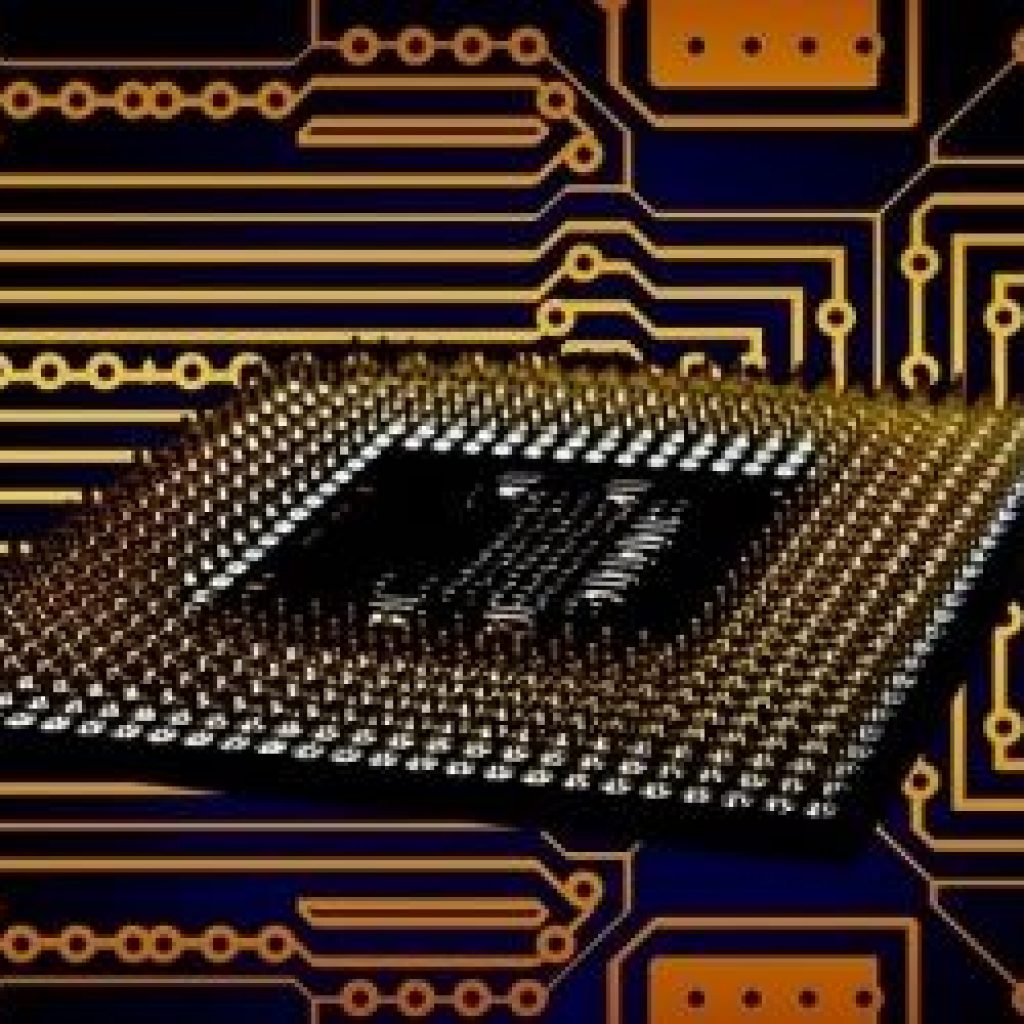(TheCipherBrief) The Cipher Brief recently interviewed Jake Taylor, Assistant Director for Quantum at the Office of Science and Technology Policy at the White House as well as Marie O’Neill ‘Neill’ Sciarrone, Co-founder and President at Trinity Cyber. Sciarrone has also served in the Aerospace Industry and at the White House as Special Assistant to the President and Senior Director of Cybersecurity Policy.
The Cipher Brief: What are one or two critical facts that Americans should understand about the development of quantum computing?
NOTE: The responses are briefly summarized here. The answers may be good to share with your colleagues in other disciplines not yet familiar with quantum technology.
Taylor: The field has had a sustained long-term investment from the federal government to try and make efficient and effective progress in the sciences. But in the last five years, the industrial engagement and investment in this space has seen a dramatic change. And that is because it is moving from a pure scientific exploration of opportunities to the creation of a new technological base.
Sciarrone: “The concept of quantum computing or creating a quantum network is surprisingly not so new,” says Sciarrone. “The first quantum key distribution network, proving pieces of the mechanics, was developed in Boston in 2003. A lot of progress has been made, but at a very high-level. The stage of development can best be described as putting a Ferrari engine into a Volkswagen Beetle.
Sciarrone. “There is global competition in most emerging technologies, especially those with the promise of disruption. Achieving quantum computing beyond the labs and into practical applications will be the defining technological achievement of the next decade, if not sooner. As a global leader, the US cannot risk being left behind. This will change how information is shared, commerce is conducted, and how wars are won.”
Quantum technology will be a massive area of growth and opportunity in the next 3-5 years, requiring the government to work closely with commercial innovators. Making sure we’re competing and maintaining our advantage is imperative to U.S. national security.
